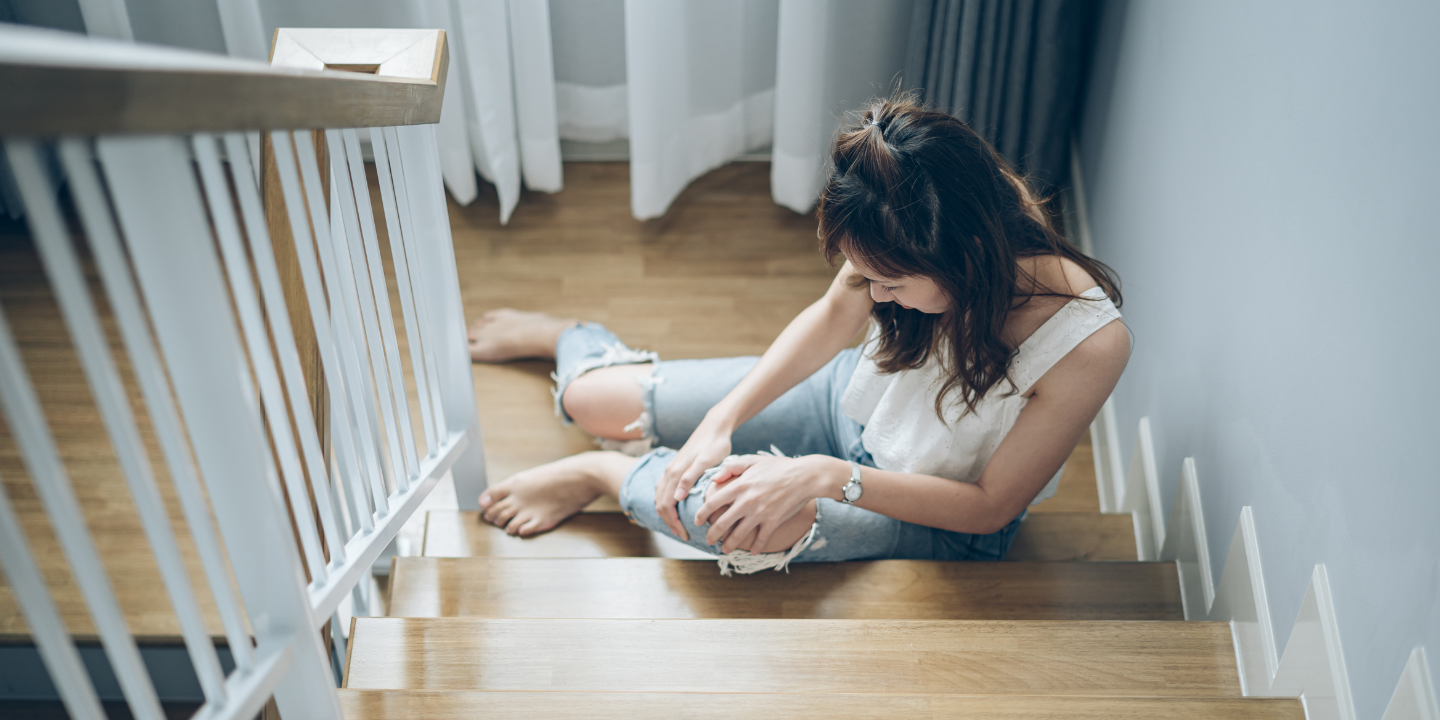
Renting a property comes with its own set of perks – no mortgage, the freedom to move, and often fewer responsibilities concerning maintenance. However, when accidents happen at a rental, a pressing question emerges: who’s responsible? If you’re injured in your rented home, can you hold your landlord liable for the damages? These queries are not just for tenants but are equally significant for landlords wanting to understand their obligations and potential liabilities.
At Ponce Law, we’ve encountered numerous cases surrounding landlord-tenant disputes, especially when it pertains to injuries in a rental property. With evolving legal landscapes and individual case nuances, it’s crucial to have an experienced legal ally by your side. In this post, we’ll delve deep into the intricacies of liability, helping you discern when a landlord might be held accountable for accidents in their properties.
Landlord-tenant law encompasses the rights and responsibilities of both property owners and their renters. At its core, it mandates that landlords must provide a habitable living space, free from significant hazards. This doesn’t refer to minor annoyances, but rather major issues that might render a dwelling unsafe, like broken railings or faulty wiring. If a landlord fails to maintain the property up to this standard, they may be found negligent.
Conversely, tenants are typically required to report issues to their landlords in a timely manner. This provides landlords with an opportunity to rectify any problems. It’s a mutual relationship: landlords ensure the property is safe and livable, and tenants communicate any concerns they might encounter. Neglect from either party can lead to disputes, especially when injuries or accidents occur due to oversight or negligence.
However, it’s essential to recognize that the specifics of these laws and guidelines can vary by state or local jurisdiction. While general principles guide most landlord-tenant relationships, the particulars of liability and responsibility might differ based on local laws and regulations. So, understanding the nuances of your local jurisdiction is crucial when navigating these legal waters.
When an injury occurs on a rental property, establishing the landlord’s liability centers on:
Understanding these factors can be pivotal in assessing whether a landlord can be held accountable for injuries on their property. However, every situation is unique, and it’s always advised to consult with legal professionals to assess your specific circumstances.
Even if a landlord has taken all necessary precautions and fulfilled their legal obligations, certain scenarios may still arise where they could be held liable. Here are some notable exceptions:
Understanding these exceptions is crucial, both for landlords wanting to ensure they meet all their obligations and for tenants who want to know their rights. Remember, while these are general guidelines, each case can have its unique factors that may affect the outcome.
Injuries occurring within rental properties can be a complex intersection of legal responsibilities, tenant rights, and landlord obligations. For tenants, it’s crucial to stay informed about your rights and to communicate openly with your landlord about any concerns. For landlords, a proactive approach to maintenance and safety can make all the difference.
If you or someone you know has suffered an injury in a rental property and are uncertain about your rights or potential compensation, Ponce Law is here to guide you. Our experienced team can help determine liability and ensure that you’re adequately protected and compensated.
Reach out to us today to discuss your case!